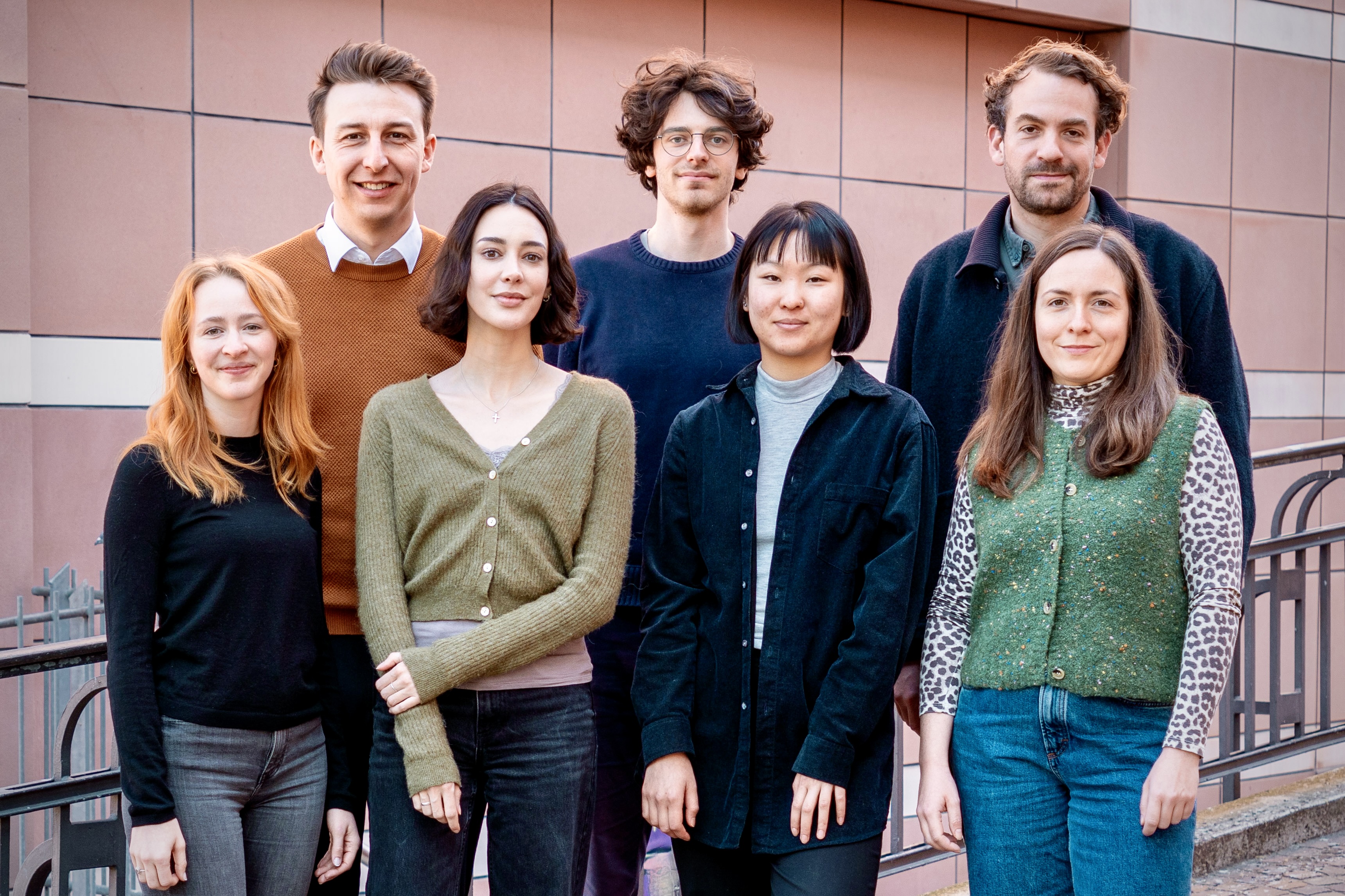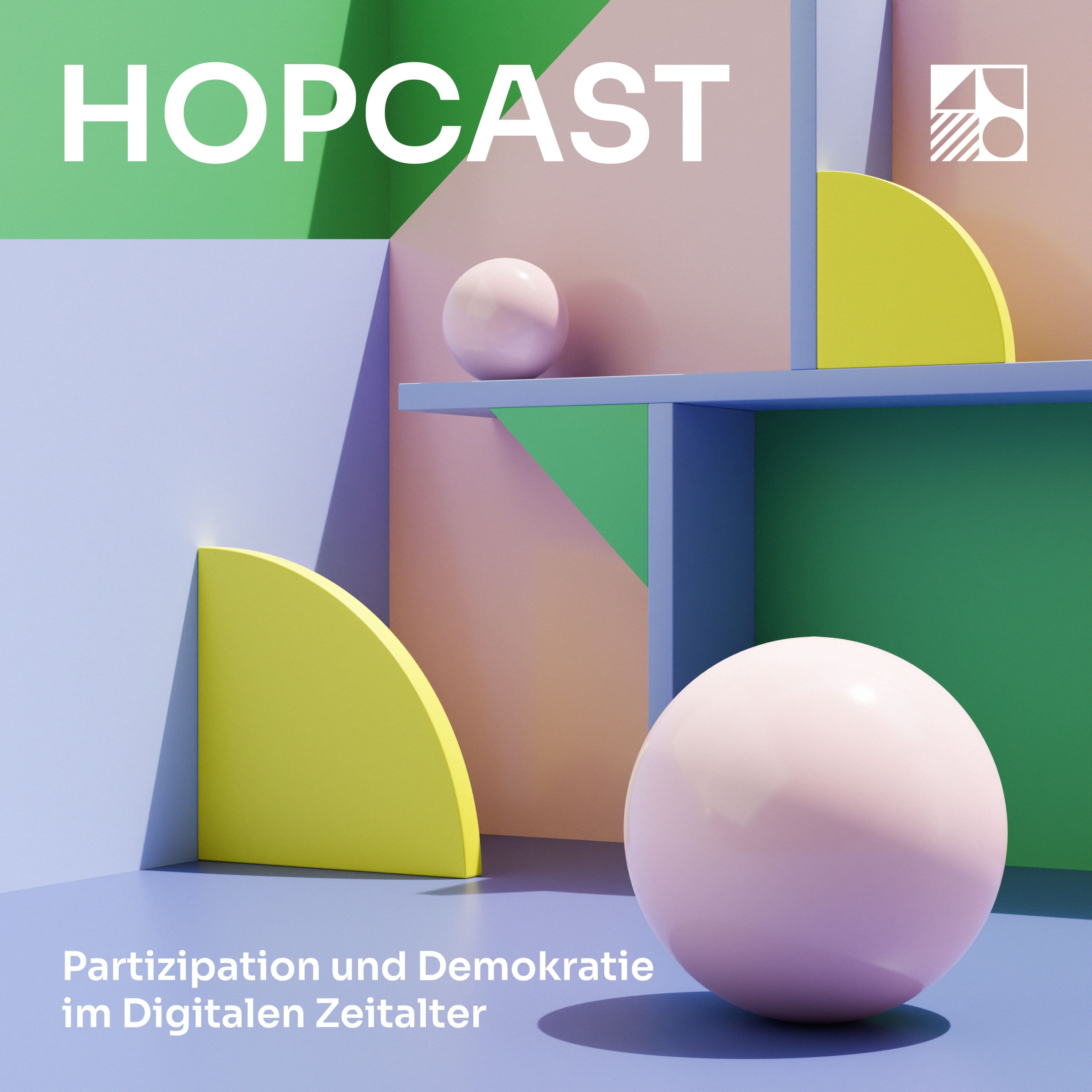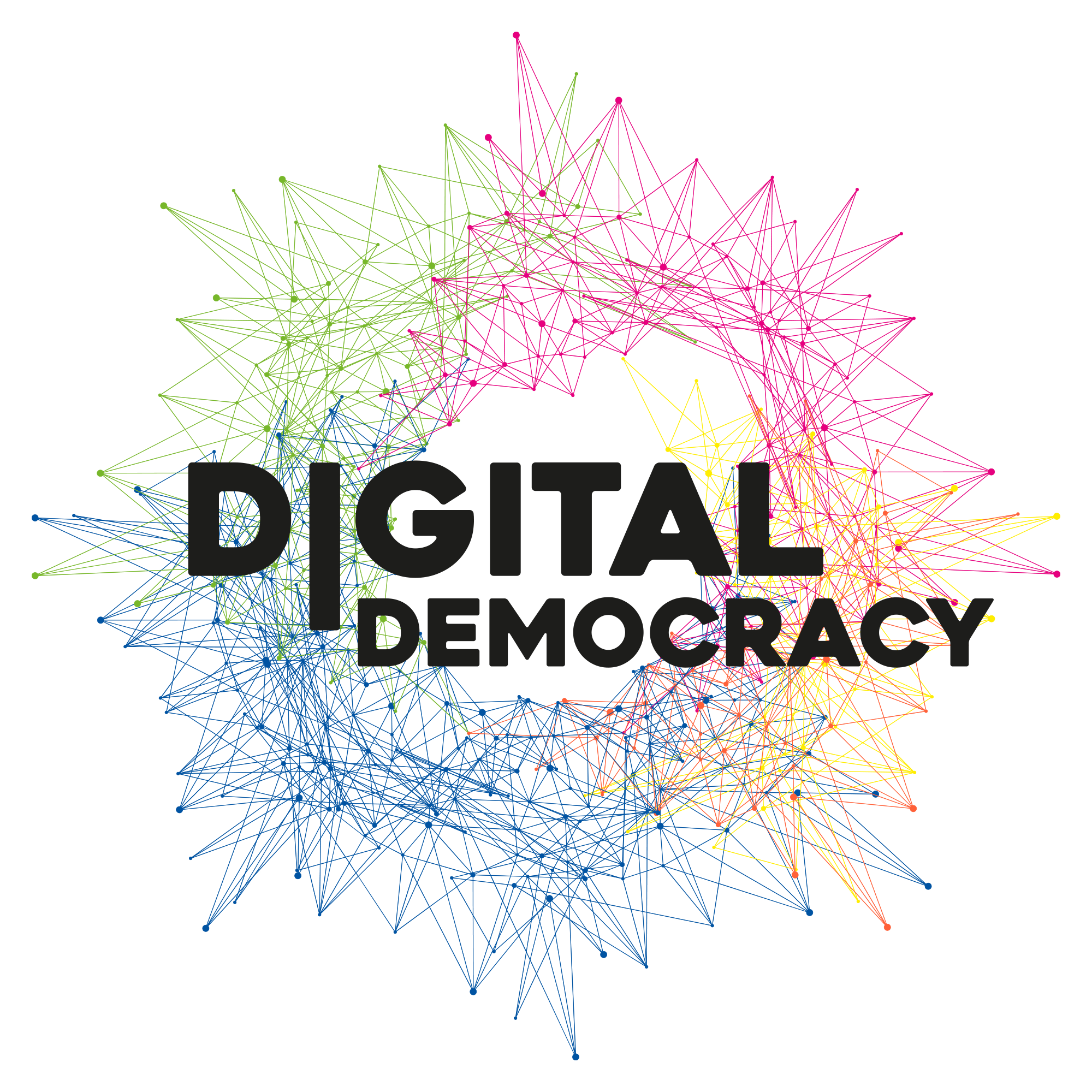Digital Democracy & Participation
 |
The Digital Democracy & Participation research group, a collaboration between the FZI Research Center for Information Technology (FZI Forschungszentrum Informatik) and the Karlsruhe Institute of Technology (KIT), leverages information systems research to advance the study of digital democracy. The interdisciplinary team examines how digital platforms and technologies influence political participation, with a focus on their role in polarization, disinformation, and democratic processes. By integrating data-driven analysis, participatory technology development, and engineering approaches, the group aims to deliver actionable insights for fostering more resilient digital democracies. For more details, see the recent editorial in Business & Information Systems Engineering (BISE), titled “Digital Democracy: A Wake-Up Call” (2024), authored by Christof Weinhardt, Jonas Fegert, Oliver Hinz, and Wil van der Aalst. |
Head of Research Group

 |
Dr. Jonas Fegert +49 (30) 7017337-338 fegert∂fzi de |
Researchers
 |
Isabel Bezzaoui +49 30 7017337-347 bezzaoui∂fzi de |
 |
David Borukhson +49 (721) 608-48344 david.borukhson∂kit.edu |
 |
Louis Jarvers jarvers∂fzi.de |
 |
Amal Labbouz amal.labbouz∂kit.edu |
 |
Ina Ni ni∂fzi.de |
 |
Cosima Pfannschmidt +49 30 7017337-443 pfannschmidt∂fzi.de |
 |
Christina Speck +49 (721) 608-48377 christina.speck∂kit.edu |
 |
Dr. Carolin Stein Stein∂fzi.de |
Research Areas:
- Societal Polarization in Times of Crises
- Mechanisms of Polarization in Online Social Networks: Exploring the role of platform mechanisms such as filter bubbles and echo chambers in fostering societal divides.
- Information Manipulation and Disinformation: Advanced detection and analysis of disinformation, including the impact of generative AI on the distribution and amplification of false information.
- E-Participation and Digital Involvement Projects: Initiatives in e-Participation, Digital Citizen Science and Crowd-X, fostering public involvement in democratic processes through digital platforms.
- Digital Government: Research into the digitization of governmental processes, enhancing transparency, efficiency, and citizen engagement in democratic governance.
- Immersive Systems and Metaverse Governance: Investigating augmented and virtual reality environments, and the frameworks for democratic governance within the evolving metaverse.
- Explainable AI and Trust in AI: Enhancing media literacy and public trust through the development of transparent, explainable AI systems.
Research Methods:
- Quantitative Research (e.g. Panel Studies, Online Surveys)
- Experimental and Behavioral Research
- Qualitative Research (e.g. Expert Interviews, Focus Groups, Workshops)
- Network Analysis
- Design Science Research
- Citizen Science
Interdisciplinary Research: Our research group brings together a wide range of expertise and fosters collaboration among scientists at varying stages of their careers. By having a diverse group of researchers with different academic backgrounds, we are able to incorporate interdisciplinary perspectives on various topics and encourage a methodological interplay. This approach allows us to address complex research problems with greater depth and enriched insights.
Teaching Activities: Currently, we offer the "Digital Democracy" Lecture in the winter term and each semester the "Digital Democracy" Seminar. Additionally, we contribute to the "Platform & Market Engineering: Commerce, Media, and Digital Democracy“ and the "Platform Economics" lecture.
Projects
- SOSEC
- VIRTUS
- DeFaktS
- TWON
- Tech for Democracy
- RealWork
- Take Part
- Responsible News Recommender Systems (ReNewRS)
- MuDDi
- Tech for Democracy
House of Participation
Our research group is closely intertwined with the House of Participation (HoP) at FZI, a competence center dedicated to promoting digital participation and democracy. We are continually seeking passionate and committed individuals to join our group! Whether you are a student interested in an assistant position (Hiwi), a seminar, or a bachelor’s or master’s thesis, we welcome you to become part of our team.
Don't miss out on HoPcast, our podcast exploring the intersections of democracy and participation in the digital age.
Digital Democracy – Als Schlüsselkompetenzen am KIT House of Competence
Gerade technisch orientierten Universitäten wie dem Karlsruher Institut für Technologie (KIT) kommt bei der Demokratiebildung eine zentrale Rolle zu, denn sie sind der Ort an dem sich zukünftige Gestalter:innen und Verantwortungsträger:innen der Tech-Branche entwickeln. Im Zentrum des Projekts „Digital Democracy – Schlüsselkompetenzen in und für digitale Demokratie“ stehen daher die Studierenden: Im Digital Democracy Camp erhalten sie die Möglichkeit, sich aktiv mit digitaler Demokratie auseinanderzusetzen, eigene Ideen einzubringen und Schlüsselkompetenzen für eine demokratische Gesellschaft im digitalen Zeitalter zu entwickeln. Neben einem Kompetenzrahmen für Digital Democracy Literacy entsteht im Projekt ein Online-Kurs mit zahlreichen Materialien zum Selbststudium. Parallel wächst eine Plattform, auf der Vorhaben und Expertisen am KIT sichtbar werden – als Beitrag für eine lebendige, zukunftsorientierte Demokratie. Diese Initiative des House of Competence wird geleiteten Sarah Herrmann, Prof. Dr. Michael Mäs und Dr. Alexa Maria Kunz.







_rdax_58x77s.jpg)
34_rdax_58x77p.jpg)





